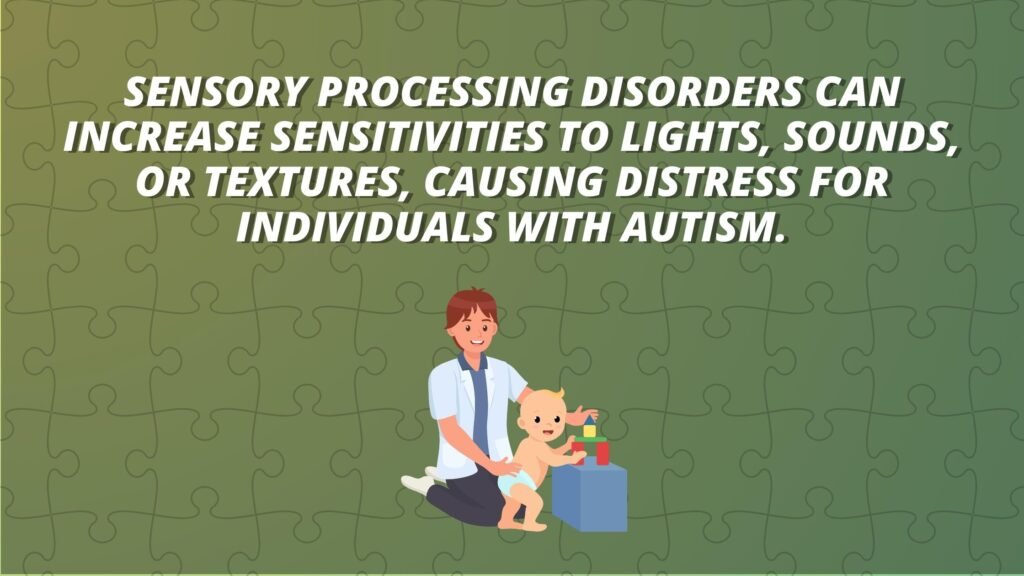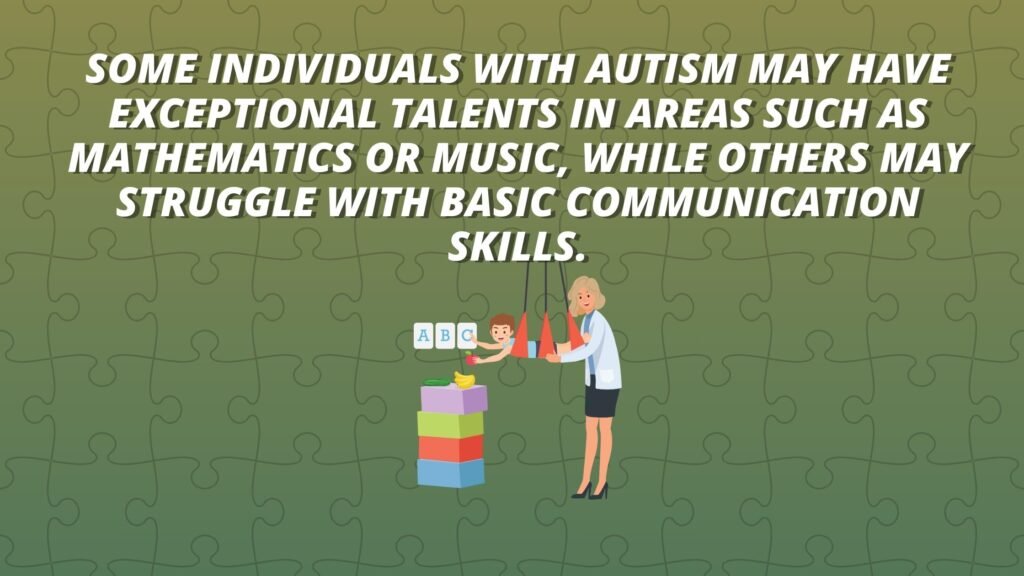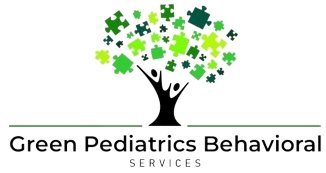Autism Spectrum Disorder (ASD) is a complex neurodevelopmental condition that affects individuals in various ways, especially at a young age. Thankfully, over time many intervention techniques have been tested and introduced, one of which is ABA therapy.
READ MORE: Everything That Is There to Know About ABA Therapy
To apply intervention techniques like ABA therapy to help better the symptoms of Autism in individuals, you need to know what Autism is and what are its different categories. This blog aims to educate about the different categories of autism to help people plan intervention techniques like ABA therapy better.
RELATED BLOG: Top ABA Therapy Pros and Cons
Understanding the different categories of autism is crucial in appreciating the diversity within the spectrum and guaranteeing appropriate support and intervention for affected individuals.
Understanding Autism Spectrum Disorder (ASD)
Autism Spectrum Disorder is characterized by differences in communication, social interaction, and behavior. Within the spectrum, there is a vast range of abilities and challenges.

It’s important to note that autism is a spectrum, and each person’s experience with the condition is unique.
Categories of Autism Spectrum Disorders
Autism Spectrum Disorder may be categorized into 5 basic categories. These categories are:
1. Autistic Disorder (Classic Autism)
Autism Disorder, also known as classNameic autism, is characterized by significant limitations in social interactions and communication skills. Individuals who have classNameic autism may show repetitive behaviors, and have difficulties with verbal and non-verbal communication. These individuals may also struggle with changes in routine.
2. Asperger’s Syndrome
Asperger’s Syndrome is considered a milder form of autism. Individuals with Asperger’s often have normal to above-average intelligence and may excel in specific areas of interest. However, they may struggle with social interactions, finding it challenging to understand social cues and maintain friendships.
3. Childhood Disintegrative Disorder (CDD)
Childhood disintegrative disorder is a rare condition in which a child loses previously acquired skills significantly and suddenly. These skills include language, social, and motor abilities/skills and are affected after the period of normal development. This change can be quite abrupt for individuals and can be highly distressing for both the child and the parents/guardian.
4. Rett Syndrome
Rett Syndrome is a genetic disorder that affects girls primarily. Rett syndrome leads to severe physical and cognitive impairments. It leads to the loss of purposeful hand skills and the development of repetitive hand movements. Individuals with Rett Syndrome often require 24/7 care and support.
5. Pervasive Developmental Disorder-Not Otherwise Specified (PDD-NOS)
Pervasive developmental disorder- not otherwise specified is a type of diagnosis given to individuals who exhibit some but not all the symptoms of Autism Spectrum Disorder. It is classNameified when a person’s symptoms do not exactly fit into the category of classNameic autism, Asperger’s syndrome, or any other type of autism diagnosis.
Overlapping Conditions and Co-occurring Disorders
It is a possibility for autism to coexist with other conditions, which makes it a challenge as to which intervention technique to provide.

With intellectual disabilities, a person may also be affected in terms of their ability to learn and adapt, while epilepsy and ADHD can further complicate the management of symptoms.
Treatment Approaches for Different Categories of Autism
It is very crucial to intervene as early as possible in supporting individuals with autism. Behavioral therapies, such as ABA therapy, focus on positive reinforcement of behaviors and teaching new skills. With speech and language therapy, sensory sensitivities are addressed along with fine motor skills. In some cases, medications may be prescribed to manage co-occurring conditions like anxiety or aggression.
Challenges Faced by Individuals with Autism and Their Families
Individuals with autism often face stigma and social challenges due to misunderstandings about the condition. Access to appropriate education and support services can be limited, placing significant stress on families who strive to provide the best possible care for their loved ones. The emotional and financial strain on families highlights the need for more comprehensive support systems within communities.
Supporting Individuals with Autism: Tips and Strategies
Creating an environment that is inclusive for all individuals is very important to foster understanding and acceptance within communities and educational institutions. Public support plays a vital role in raising awareness about autism, promoting research, and ensuring that individuals with autism receive the support and opportunities they deserve. Building supportive communities where individuals with autism are valued for their unique abilities builds a sense of belonging and enhances their overall well-being.
Conclusion
Autism is a condition with a wide range of presentations and challenges. Accepting neurodiversity and recognizing the unique strengths and abilities of each individual with autism are essential steps toward creating a more inclusive society.
Continued research, increased awareness, and comprehensive support services are pivotal in enabling individuals with autism to lead fulfilling lives and contribute meaningfully to their communities.
By understanding the different categories of autism and addressing the diverse needs of individuals within the spectrum, we can work toward a future where everyone is valued and included, regardless of their neurodevelopmental differences.
